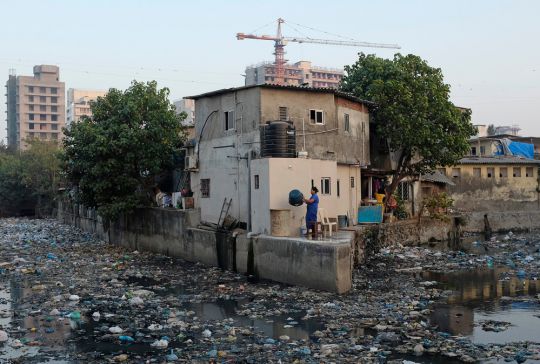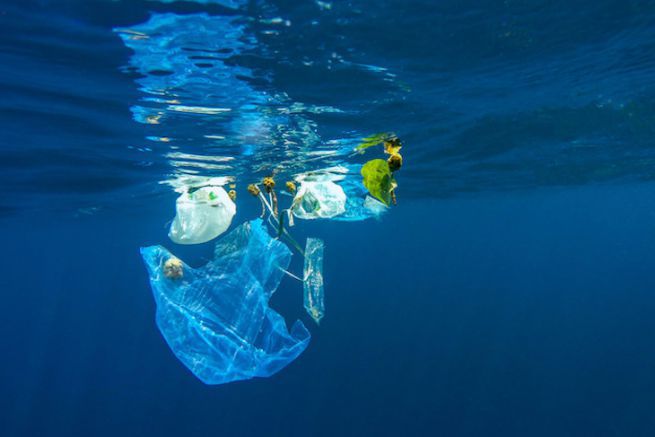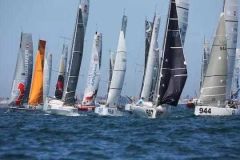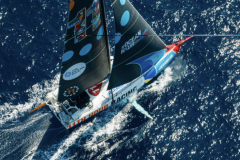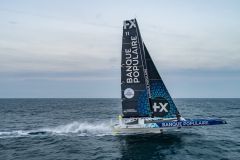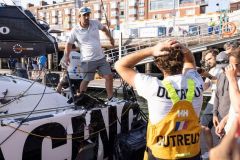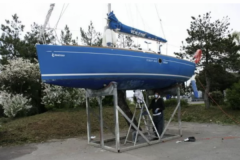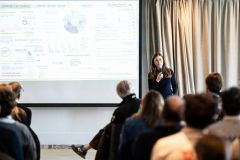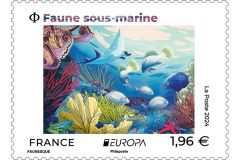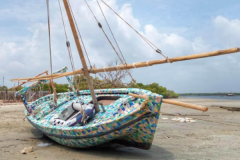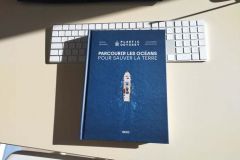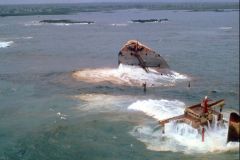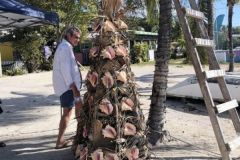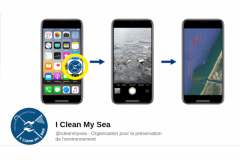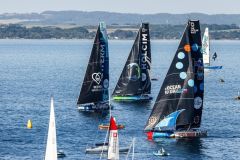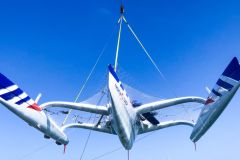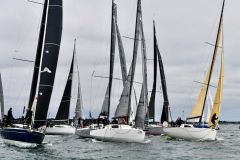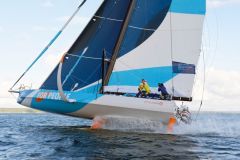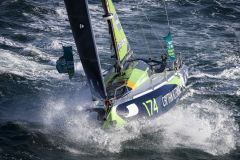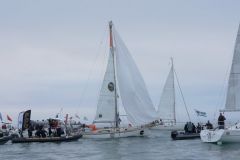The Volvo Ocean Race sustainability programme
The crewed circumnavigation of the world in the Volvo Race 2017-2018 is also an opportunity to collect scientific data about the presence of plastic in the world's oceans. This scientific programme is founded by Volvo Cars, in partnership with 11 th Hour Racing, the Mirpuri Foundation, and other partners such as Volvo, AkzoNobel, Bluewater, Stena Recycling and the Ocean Family Foundation and aims to prevent plastic pollution of the oceans by taking action in each stopover town, in each race village and among visitors.
"Volvo Cars is proud to support this innovative project, which is directly related to the global problem of plastic pollution of our oceans. This latest data shows us the human impact, as we affect the most remote areas of our oceans. Now is the time to act!" says Stuart Templar, Director of Sustainability at Volvo Car Group.
The group has also committed to donating 100 euros for each of the first 3000 V90 Cross Country estate cars (Volvo Ocean Race edition) to support this initiative.
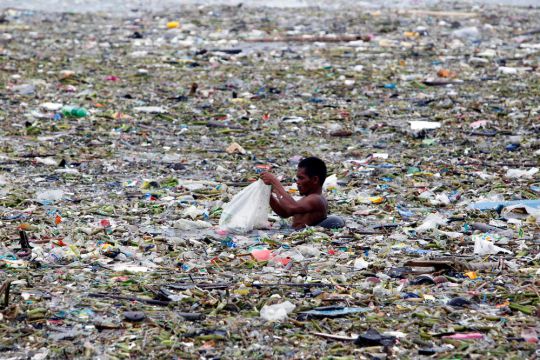
Unbelievable quantities of plastics in the South Seas
During the race - and in particular during the longest 7,600-mile leg between Auckland and Itajaí - Turn the Tide on Plastic and the AkzoNobel team collected seawater samples. The boats also collected ocean data such as ocean temperature, CO2 levels, salinity and algae levels, giving an idea of the acidity of the oceans.
Microplastics are often invisible to the naked eye and take years to decompose. By collecting information about them, the scientific community will be able to realise the scale, but also the impact of plastic pollution.
Jeremy Pochman, co-founder and strategic director of 11 th Hour Racing, one of the main partners in the Volvo Ocean Race's sustainability programme says : "For so long, we have treated the oceans as an inexhaustible resource. The data we have found from the race boats show us that micro plastic particles are present in the remotest parts of our oceans, which is a very clear sign of the threat they face. This is open source data, available to the public, and can easily be used to highlight the dangers associated with the use of single-use plastic."
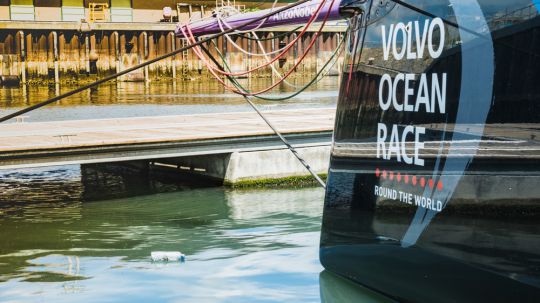
And it turns out that large quantities of plastics - never before seen - have been collected in the South Seas. The results show that near the Nemo point, there are between 9 and 26 particles of microplastic per cubic metre of water. This is astonishing when you consider that Nemo Point - in the heart of the Pacific - is the most remote place on land. So far away that its closest contact would be a space station orbiting 416 km away, with the nearest piece of land 2,700 km away?
As the ships rounded Cape Horn, the quantities increased to 57 particles per cubic metre!
Levels of up to 45 particles per cubic metre were found 452 kilometres from Auckland, shortly after the start of Stage 7, while 12 particles per cubic metre were identified 1,000 kilometres from the finish in Itajaí. The difference could be explained by ocean currents.
The highest amounts recorded to date have been 357 particles per cubic metre of water in the China Sea east of Taiwan. This is where microplastics are heading directly into the heart of the Pacific.
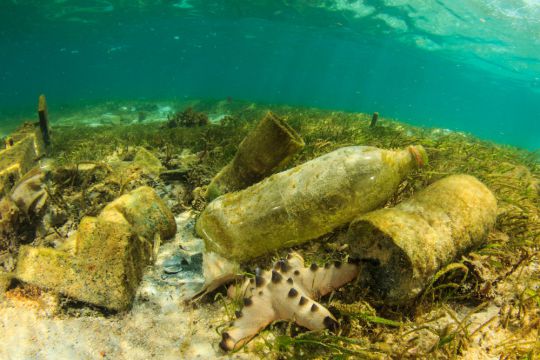
These data were analysed in a German laboratory by Dr. Sören Gutekunst of the Kiel Ocean Research Institute, GEOMAR.
"These are the first data from the most inaccessible parts of our oceans that the scientific community is able to analyze. Unfortunately, they show just how widespread and dispersed microplastics are in our oceans, and that they are present in waters that were once considered by many to be pristine and pure."
Anne-Cécile Turner, in charge of the Volvo Ocean Race's sustainable development programme, adds : "Such information is extremely valuable as it helps us in our understanding of how plastic decomposes over time and dissolves in our Oceans, carried by currents. It is also a serious reminder of the urgency of the situation in the face of this plastic crisis... For governments as well as companies and individuals; they all have a role to play in addressing the problem."
